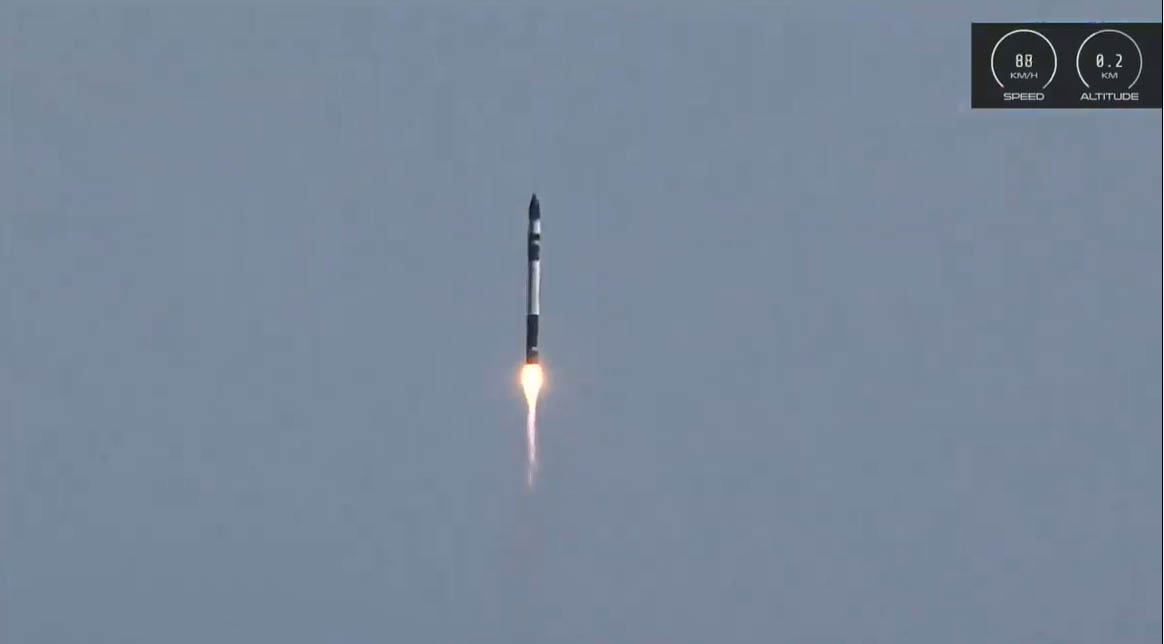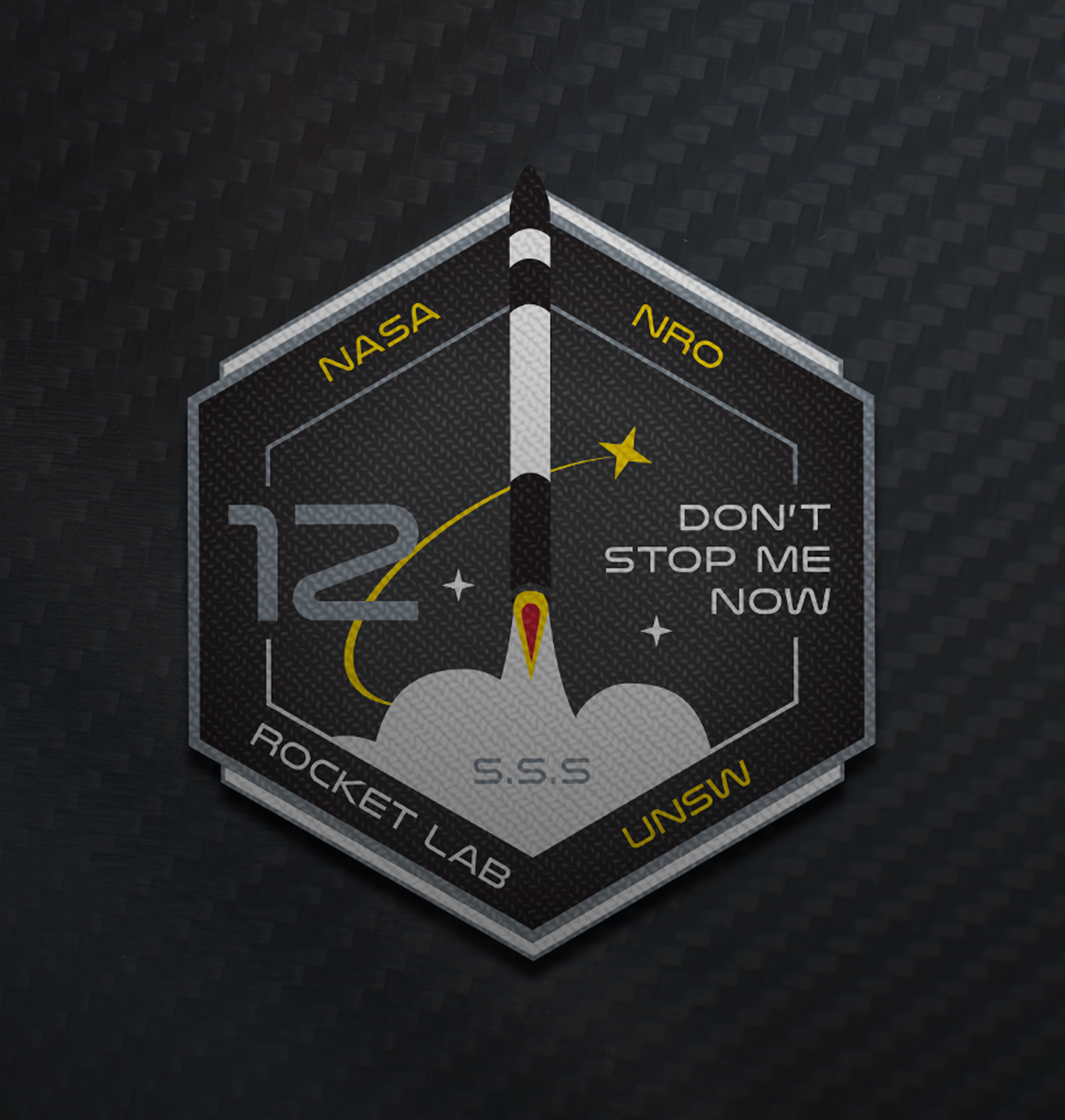
The coronavirus pandemic has forced Rocket Lab to postpone its next mission.
That flight, which the California-based company has nicknamed "Don't Stop Me Now," was scheduled to lift off next Monday (March 30) from Rocket Lab's New Zealand launch site.
"Launch preparations have been paused, however, following the New Zealand government's announcement on 23 March NZDT to implement the Level 4 COVID-19 response, which requires most businesses to close and instructs people to stay at home," Rocket Lab representatives wrote in an update Tuesday (March 24). (COVID-19 is the disease caused by the novel coronavirus, which has killed nearly 19,000 people worldwide to date.)
Related: Rocket Lab and its Electron booster (photos)
Updates: The coronavirus pandemic impacts on space exploration

"We commend the government for taking this drastic but necessary step to limit the spread of COVID-19," company representatives added. "We are working with the government, health officials and our customers to determine when launch operations can resume. The launch vehicle and ground systems will remain in a state of readiness for launch as the evolving situation allows it."
That launch vehicle is the 57-foot-tall (17 meters) Electron, which can deliver about 500 lbs. (227 kilograms) to orbit on each roughly $5 million mission. Rocket Lab aims to greatly increase access to space by flying the two-stage Electron very often — once per week eventually, or perhaps even more frequently.
"Don't Stop Me Now" will carry multiple small payloads to Earth orbit, including three small craft for the U.S. National Reconnaissance Office (NRO), which operates the nation's fleet of spy satellites. Rocket Lab has flown an NRO payload before; the company launched its first dedicated mission for the NRO in January.
Get the Space.com Newsletter
Breaking space news, the latest updates on rocket launches, skywatching events and more!
All 11 of Rocket Lab's Electron missions have launched from the New Zealand site to date. But that monopoly won't hold for long: Rocket Lab recently completed a second launch site, at the Mid-Atlantic Regional Spaceport (MARS) on Virginia's Wallops Island.
The two-stage Electron is an expendable rocket at the moment, but Rocket Lab is working to change that. The company aims to start recovering and reusing the booster's first stage, as SpaceX does with its Falcon 9 and Falcon Heavy rockets. But Electron first stages won't come down for propulsive, vertical landings; rather, Rocket Lab plans to pluck the falling boosters out of the sky with a helicopter.
- What's next for Rocket Lab? A Q&A with CEO Peter Beck
- Coronavirus outbreak shakes the space industry: Here are the biggest effects so far
- Rocket Lab's 'Rosie' the robot can build a booster in just 12 hours
Mike Wall is the author of "Out There" (Grand Central Publishing, 2018; illustrated by Karl Tate), a book about the search for alien life. Follow him on Twitter @michaeldwall. Follow us on Twitter @Spacedotcom or Facebook.
OFFER: Save at least 56% with our latest magazine deal!
All About Space magazine takes you on an awe-inspiring journey through our solar system and beyond, from the amazing technology and spacecraft that enables humanity to venture into orbit, to the complexities of space science.
Join our Space Forums to keep talking space on the latest missions, night sky and more! And if you have a news tip, correction or comment, let us know at: community@space.com.

Michael Wall is a Senior Space Writer with Space.com and joined the team in 2010. He primarily covers exoplanets, spaceflight and military space, but has been known to dabble in the space art beat. His book about the search for alien life, "Out There," was published on Nov. 13, 2018. Before becoming a science writer, Michael worked as a herpetologist and wildlife biologist. He has a Ph.D. in evolutionary biology from the University of Sydney, Australia, a bachelor's degree from the University of Arizona, and a graduate certificate in science writing from the University of California, Santa Cruz. To find out what his latest project is, you can follow Michael on Twitter.










